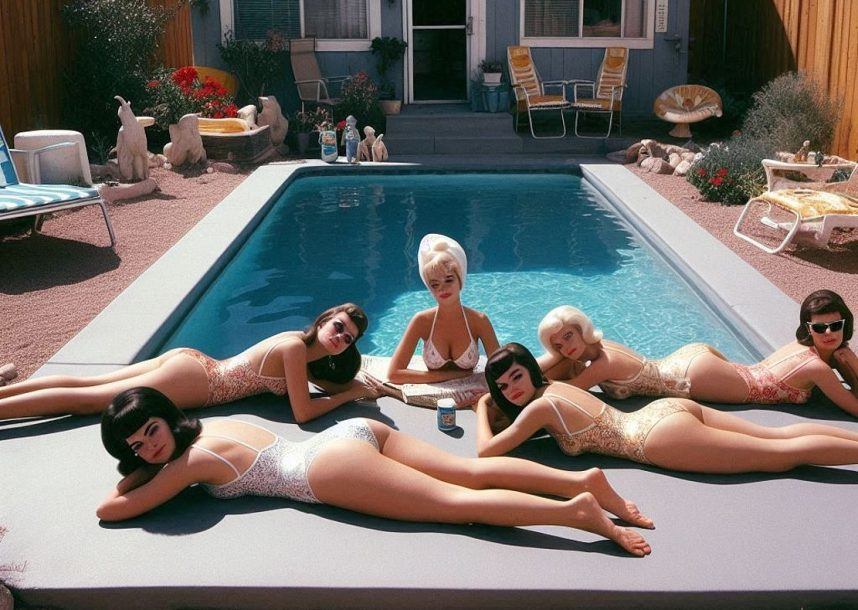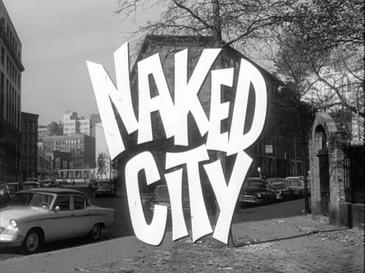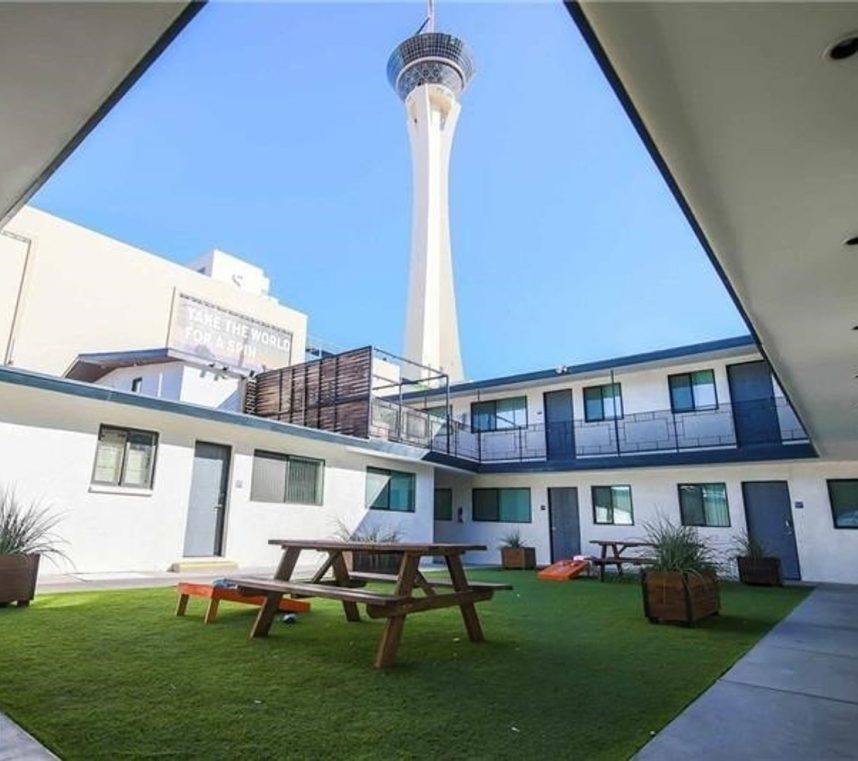VEGAS MYTHS RE-BUSTED: The Strip’s Naked City Was Named for Sunbathing Showgirls
Posted on: September 6, 2024, 08:12h.
Last updated on: September 11, 2024, 08:34h.
EDITOR’S NOTE:?A new “Vegas Myths Busted” publishes every Monday, with a bonus Flashback Friday edition.?Today’s edition originally ran on Jan. 15, 2024.?
In the 1960s, back when Las Vegas’ Meadows Addition neighborhood was nice, showgirls lived there. They liked to sunbathe au naturel at their apartment pools because they didn’t like tan lines.

That’s the commonly told story of how the Naked City, a community of low-rent apartment buildings and houses in the shadow of the Stratosphere just north of the Las Vegas Strip, got its nickname.
And it’s hooey.
Not a single newspaper reference to Naked City appears in a Las Vegas newspaper before a June 20, 1982, Las Vegas Review-Journal ?cover story headlined: “’Naked City’ a Las Vegas Battleground.”
In that story, Lt. John Conner reported investigating 10 killings in the neighborhood in 16 months. “Most of them appear to be drug-related,” the homicide chief said.
Myth Understanding
The Meadows Addition — “Las Vegas” is Spanish for “the meadows” — was created in the late 1940s as a grid of 16 streets named after other cities, including New York, Chicago, Cleveland, St. Louis, and Philadelphia. Before the Sahara opened in 1952, Sahara Avenue was wholly contained in this community, where it was known as San Francisco Street.
When its first apartment buildings opened in 1953, the Meadows Addition became a popular home for Strip employees, including showgirls, who found the low rents and short commutes ideal.
But the expansion of Las Vegas beyond the Strip eventually gave its hospitality workers and performers their pick of nearby accommodations, including beautiful new houses that were also reasonably priced and more suited to raising families.

By the late 1970s, the Meadows Addition had become forgotten by almost everyone except drug dealers, gangs, and illegal sex workers. Locals and cops nicknamed it after “The Naked City,” a 1948 film noir about the New York City police hunt for a murderer that later inspired a gritty, 1958-1963 TV series of the same name.
In fact, that 1982 R-J story stated that the neighborhood is “called ‘Naked City’ by Metro police officers.”
The way the phrase explodes onto the local paper, complete with context that the phrase was used by Metro, and the way it was used incessantly is all hard to ignore,” said Jeffrey Carlson, who publishes the Vintage Las Vegas history website, which features a post on Naked City.
Over the decades, Carlson said, he spoke to dozens of residents of the area in the ’60s and ’70s who “never heard the name.”
The Naked Truth
The name didn’t sit well with Naked City’s property owners, including Bob Stupak, who, in 1979, opened the Vegas World casino resort on land he owned in the neighborhood.

In 1996, Stupak replaced Vegas World with the Stratosphere — whose 1,149-foot observation tower remains the largest structure west of the Mississippi — remodeling Vegas World’s towers for the new purpose.
Stupak’s friends in city government agreed to rebrand the neighborhood as Meadows Village in the late ’80s. They also told and retold the cover story of the sunbathing showgirls, insisting that the Naked City nickname had nothing to do with crime.
Several local businesses signed on to celebrate the rewritten history, including Naked City Pizza, Naked City Audio, and Naked City Sweets.
“The subject is interesting to me because the gap between the sunny, titillating legend and the grim reality of the counter-story are so distant from one another,” Carlson said. “To put it in personal terms, I want to believe the sun-tanning showgirl story, because the alternative is depressing.”
Look for “Vegas Myths Busted” every Monday on?Casino.org. To read previously busted Vegas myths, visit VegasMythsBusted.com. Got a suggestion for a Vegas myth that needs busting? Email [email protected].
















No comments yet